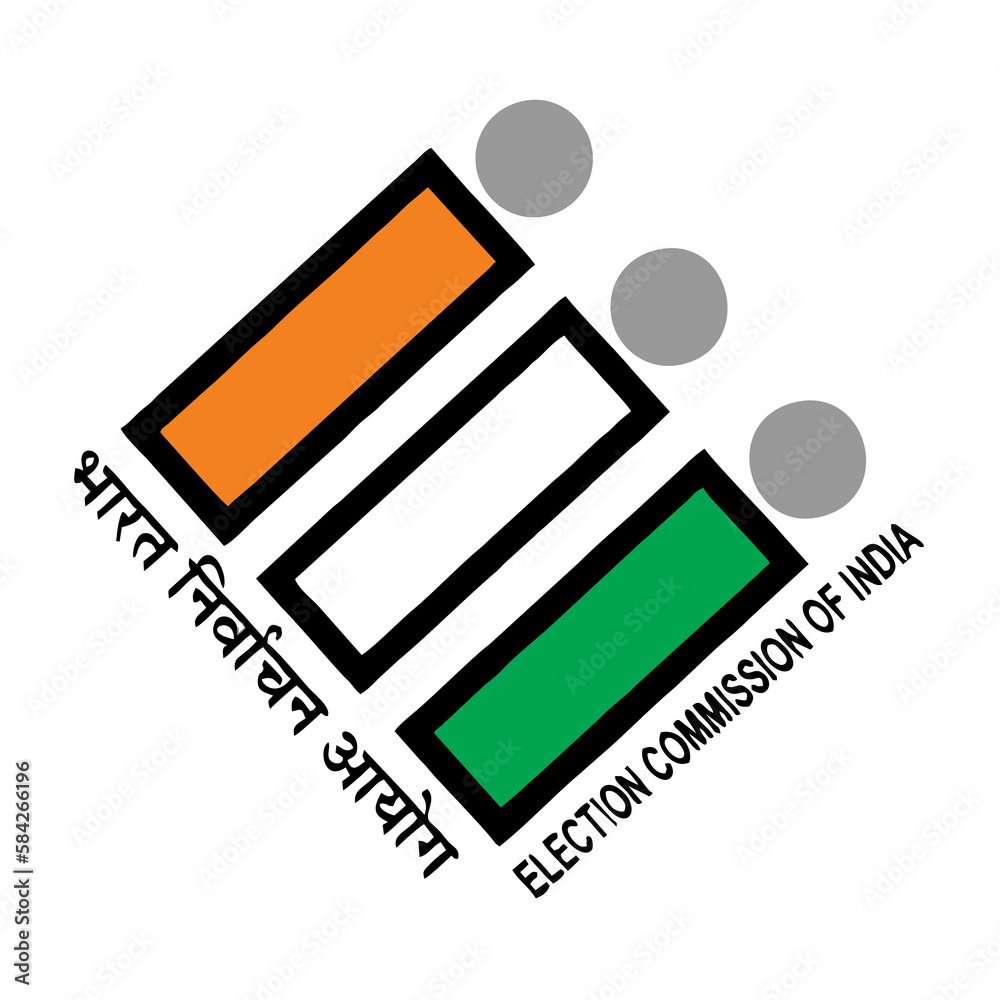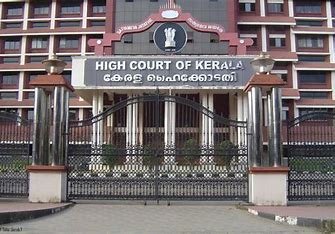Dr. Jitendra Singh, Union Minister of State (Independent Charge) for Science and Technology, Minister of State (Independent Charge) for Earth Sciences, MoS PMO, Department of Atomic Energy, Department of Space, and MoS Personnel, Public Grievances and Pensions stated that in the year 2022 the 10-step CPGRAMS reforms process was adopted by Government for improving quality of disposal and reducing the time lines for grievance redressal while answering an Unstarred Question in Lok Sabha Today.
Over the past three years, the CPGRAMS reforms have revolutionized grievance redressal by drastically reducing timelines and improving the quality of responses. The reforms have achieved the following key milestones:
- Universalization of CPGRAMS: Integration of all grievance portals of Central Ministries and States, creating a unified and efficient system.
- Language Translation and Inclusivity: Ensuring grievances can be submitted and addressed in multiple languages, promoting inclusivity and outreach.
- Operationalization of Feedback Call Centre: Establishing a dedicated call centres to gather feedback from citizens, ensuring continuous improvement in the grievance redressal process.
- Technology Enhancement: Leveraging AI, ML, and emerging technologies to streamline and optimize the grievance handling process.
- Performance Benchmarking: Introduction of the Grievance Redressal Assessment Index to benchmark and improve the performance of grievance redressal across various entities.
- Capacity Building: Training and capacity building of grievance officers through the Sevottam model, ensuring high standards of service delivery.
- Data Strategy Unit: Operationalization of a dedicated unit to strategize and manage data related to grievances, enabling data-driven decision-making.
- Regular Documentation and Dissemination: Monthly reports documenting progress and disseminating information to stakeholders, ensuring transparency and accountability.
According to the reply, the reforms were made possible through collaboration with esteemed knowledge partners, including IIT Kanpur, IIT Mumbai, Centre of Good Governance Hyderabad, National Informatics Centre, Bhashini, National Institute of Smart Governance, State Administrative Training Institutions, Quality Council of India, Common Service Centres, and BSNL.
Dr. Jitendra Singh shared that Government has laid down a timeline of 30 days for grievance redressal in Central Ministries/Departments and average time taken for grievance redressal is within the prescribed policy guidelines.
Citizens can file public grievances on the CPGRAMS portal www.pgportal.gov.in, Ministry/Department-wise for each of the Ministries/Departments of Government of India. As of July 31, 2024, 26,22,426 citizens are registered on the CPGRAMS portal, and 1,01,209 grievance redressal officers are mapped on the CPGRAMS portal for timely grievance redressal. A majority of the Public Grievances received on the CPGRAMS portal are redressed within the prescribed timeline of 30 days.
The quality of grievance redressal is monitored through a Feedback Call Centre operational in 10 regional Indian languages apart from English and Hindi. Citizens also have the option to file an appeal in CPGRAMS with the next-level officer if they are not satisfied with the redressal provided to them. CPGRAMS is available at Common Services Centres and also on the UMANG platform for citizens to file public grievances.




